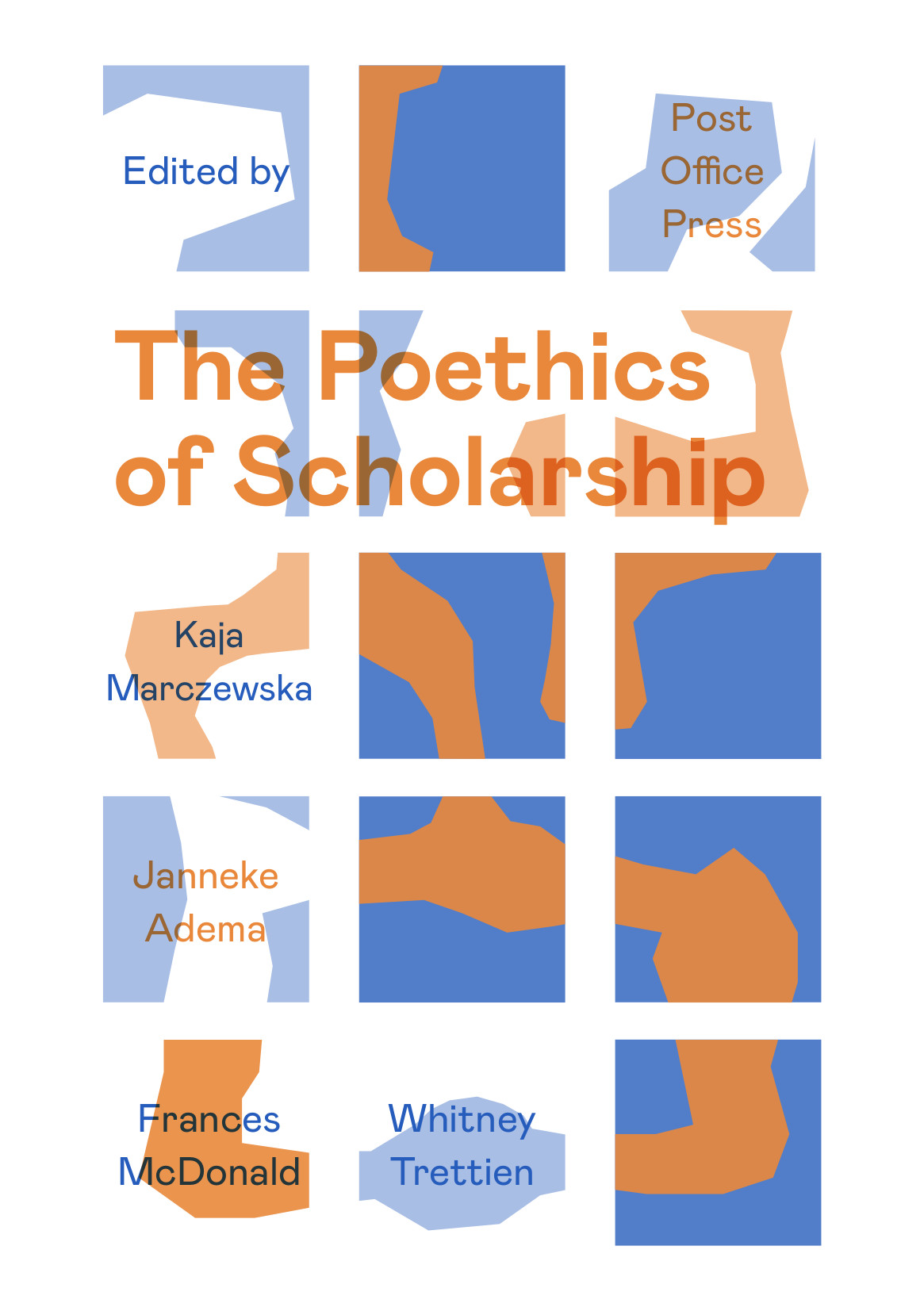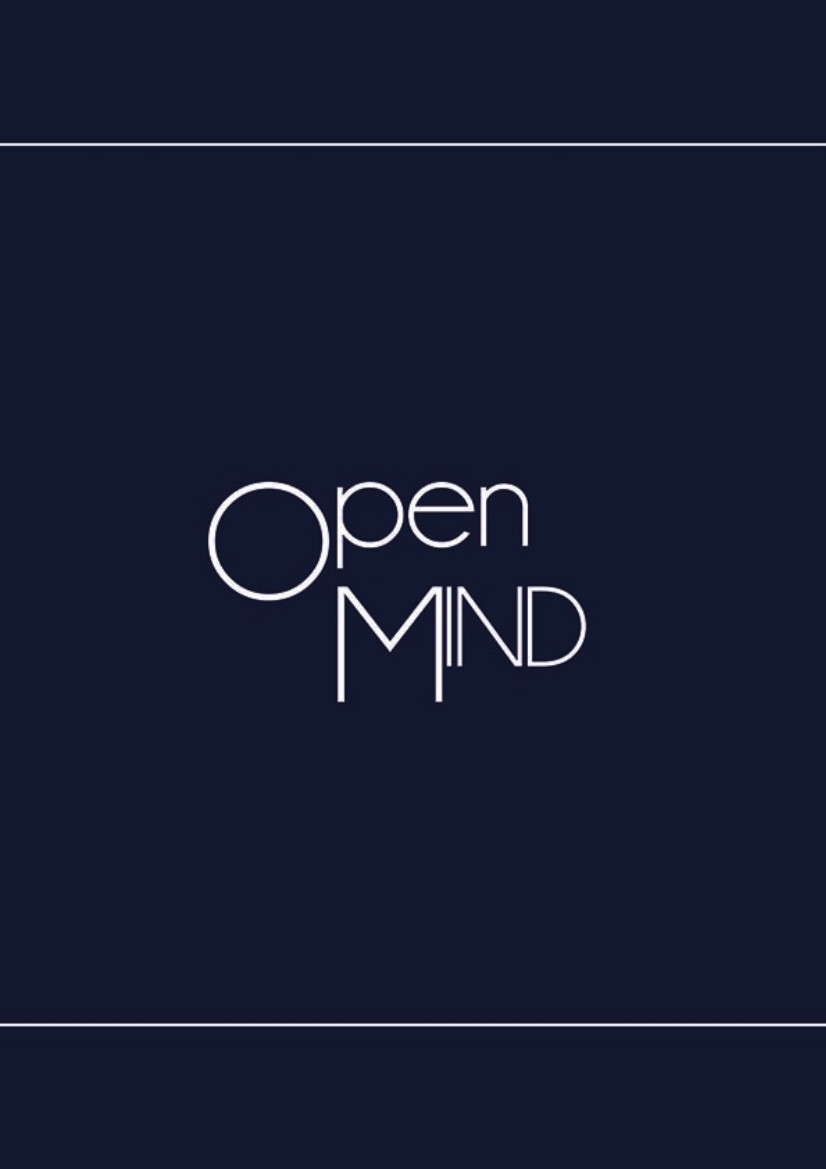Neda Atanasoski, Kalindi Vora: Surrogate Humanity: Race, Robots, and the Politics of Technological Futures (2019)
Filed under book | Tags: · artificial intelligence, automation, capitalism, colonialism, ethics, feminism, labour, liberalism, machine, military, race, robotics, robots, technology, women, work

“In Surrogate Humanity Neda Atanasoski and Kalindi Vora trace the ways in which robots, artificial intelligence, and other technologies serve as surrogates for human workers within a labor system entrenched in racial capitalism and patriarchy. Analyzing myriad technologies, from sex robots and military drones to sharing-economy platforms, Atanasoski and Vora show how liberal structures of antiblackness, settler colonialism, and patriarchy are fundamental to human—machine interactions, as well as the very definition of the human. While these new technologies and engineering projects promise a revolutionary new future, they replicate and reinforce racialized and gendered ideas about devalued work, exploitation, dispossession, and capitalist accumulation. Yet, even as engineers design robots to be more perfect versions of the human—more rational killers, more efficient workers, and tireless companions—the potential exists to develop alternative modes of engineering and technological development in ways that refuse the racial and colonial logics that maintain social hierarchies and inequality.”
Publisher Duke University Press, Durham, NC, March 2019
Perverse Modernities series
ISBN 9781478003861, 1478003863
x+240 pages
Interview with authors: Lesia Pagulich, Tatsiana Shchurko (Feminist Critique, 2019).
Reviews:Sibille Merz (Ethnic & Racial Studies, 2019), Barbara Herr Harthorn (American Ethnologist, 2020), Anita Lam (Surveillance & Society, 2020), Andrea Flores (Information & Culture, 2020), Raquel Bosó Pérez (Sociology of Health & Illness, 2020), Nina Trige Andersen (Modern Times, c.2020), Kevin Pabst (Security Journal, 2020).
Comment (0)Post Office Press (ed.): The Poethics of Scholarship (2018)
Filed under book | Tags: · aesthetics, care, ethics, experimental publishing, open access, poetics, publishing, scholarship

“This pamphlet explores ways in which to engage scholars to further elaborate the poethics of their scholarship. Following Joan Retallack, who has written extensively about the responsibility that comes with formulating and performing a poetics, which she has captured in her concept of poethics (with an added h), this pamphlet examines what connects the ‘doing’ of scholarship with the ethical components of research. Here, in order to remain ethical we are not able to determine in advance what being ethical would look like, yet, at the same time, ethical decisions need to be made and are being made as part of our publishing practices: where we publish and with whom, in an open way or not, in what form and shape and in which formats. Should we then consider the poethics of scholarship as a poetics of/as change, or as Retallack calls it, a poetics of the swerve (clinamen), which continuously unsettles our familiar notions?
This pamphlet considers how, along with discussions about the contents of our scholarship, and about the different methodologies, theories and politics that we use to give meaning and structure to our research, we should have similar deliberations about the way we do research. This involves paying more attention to the crafting of our own aesthetics and poetics as scholars, including a focus on the medial forms, the formats, and the graphic spaces in and through which we communicate and perform scholarship (and the discourses that surround these), as well as the structures and institutions that shape and determine our scholarly practices.”
Contributions by Janneke Adema, Kaja Marczewska, Frances McDonald and Whitney Trettien.
Publisher Post Office Press & Rope Press, Coventry, 2018
Creative Commons BY 4.0 License
34 pages
Thomas Metzinger, Jennifer M. Windt (eds.): Open Mind (2015)
Filed under book | Tags: · brain, cognition, cognitive science, consciousness, ethics, knowledge, memory, mind, neural networks, neurophysiology, neuropsychology, neuroscience, perception, philosophy, thinking

Open Mind is an open access collection of 39 original research publications on the mind, brain, and consciousness.
The contributions were written by 92 junior and senior members of the MIND Group, including internationally renowned researchers working in various areas of philosophy, psychology, cognitive neuroscience and neuroethics. The collection commemorates the 20th meeting of the group.
Thomas Metzinger founded the MIND Group in 2003 to provide young German philosophers with a platform that would help them establish contacts in the international research community and participate in the latest developments in contemporary philosophy of mind. An ever-changing group of advanced undergraduate students, doctoral candidates, and young researchers from different countries meets twice a year in Frankfurt am Main.
Publisher MIND Group, Frankfurt am Main, January 2015
Open Access
ISBN 9783958571020
c1578 pages
Project website
Book announcement
Individual papers (HTML, PDF, EPUB)
single PDF (78 MB)
single EPUB (284 MB)

